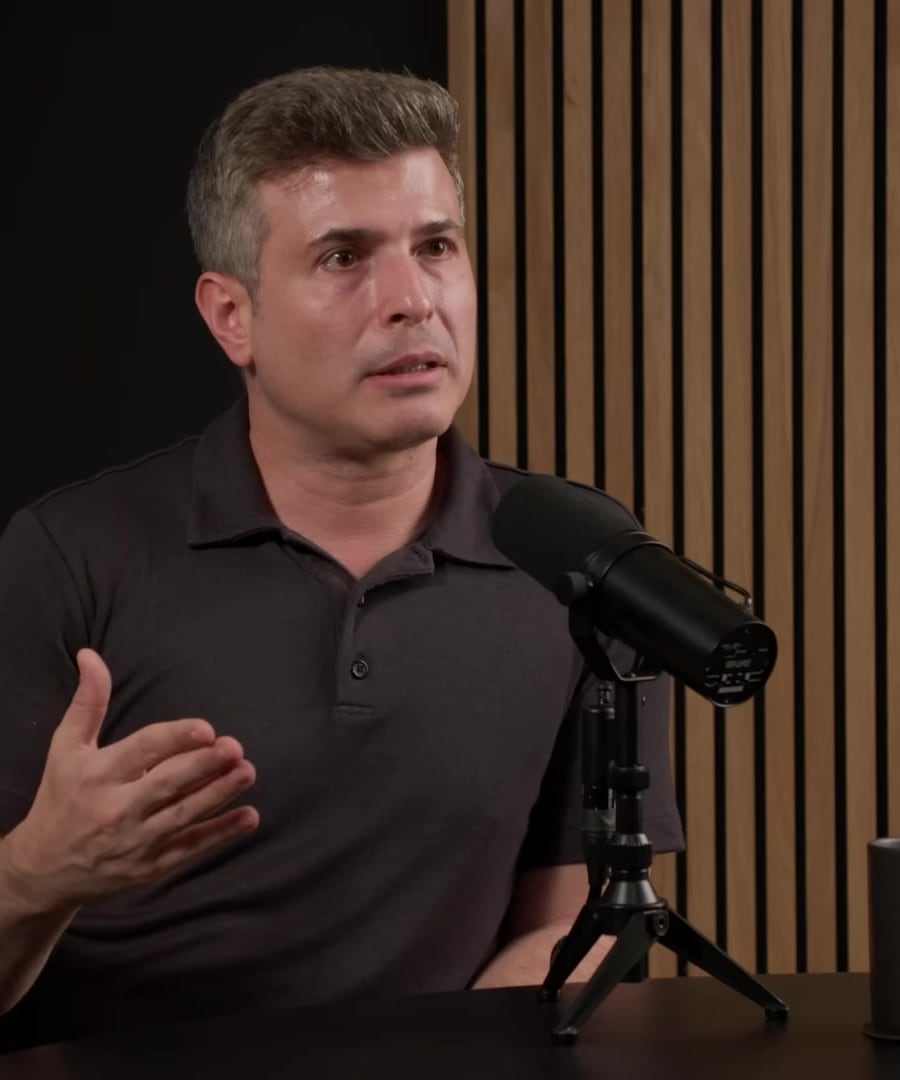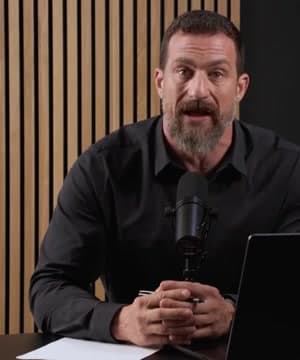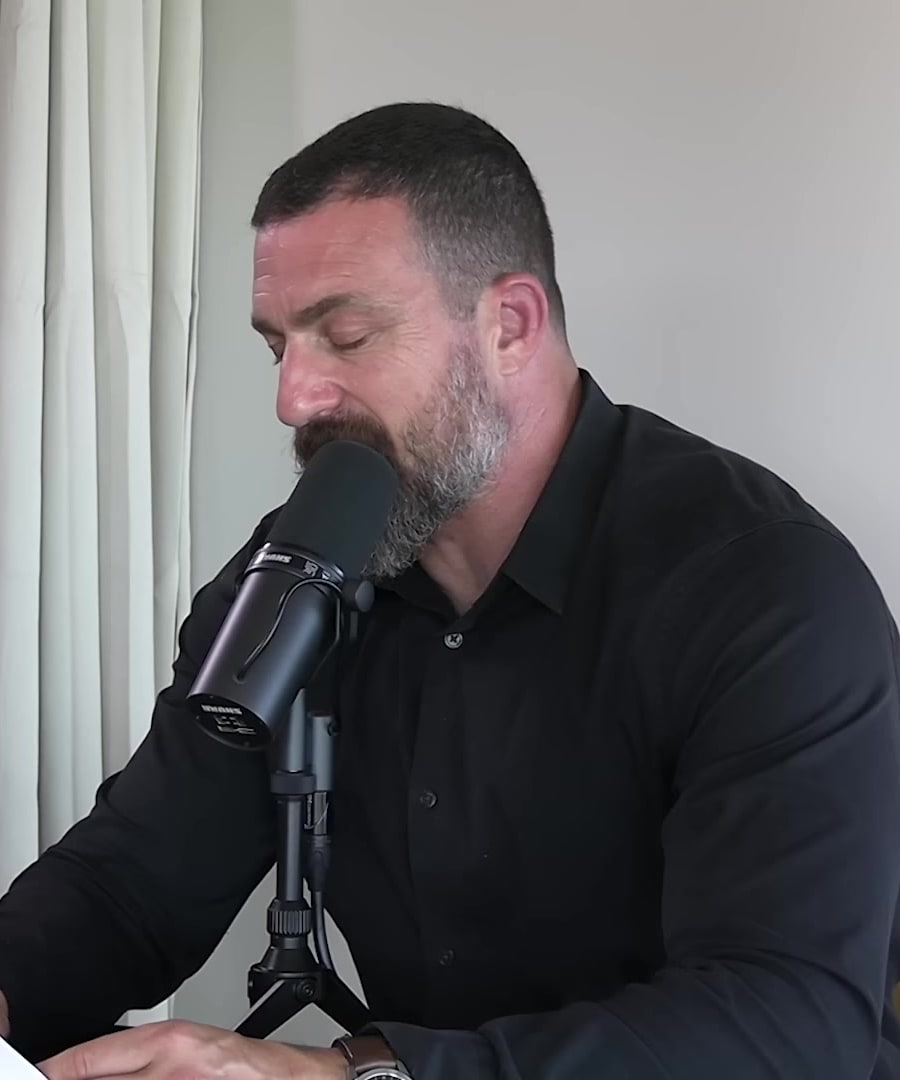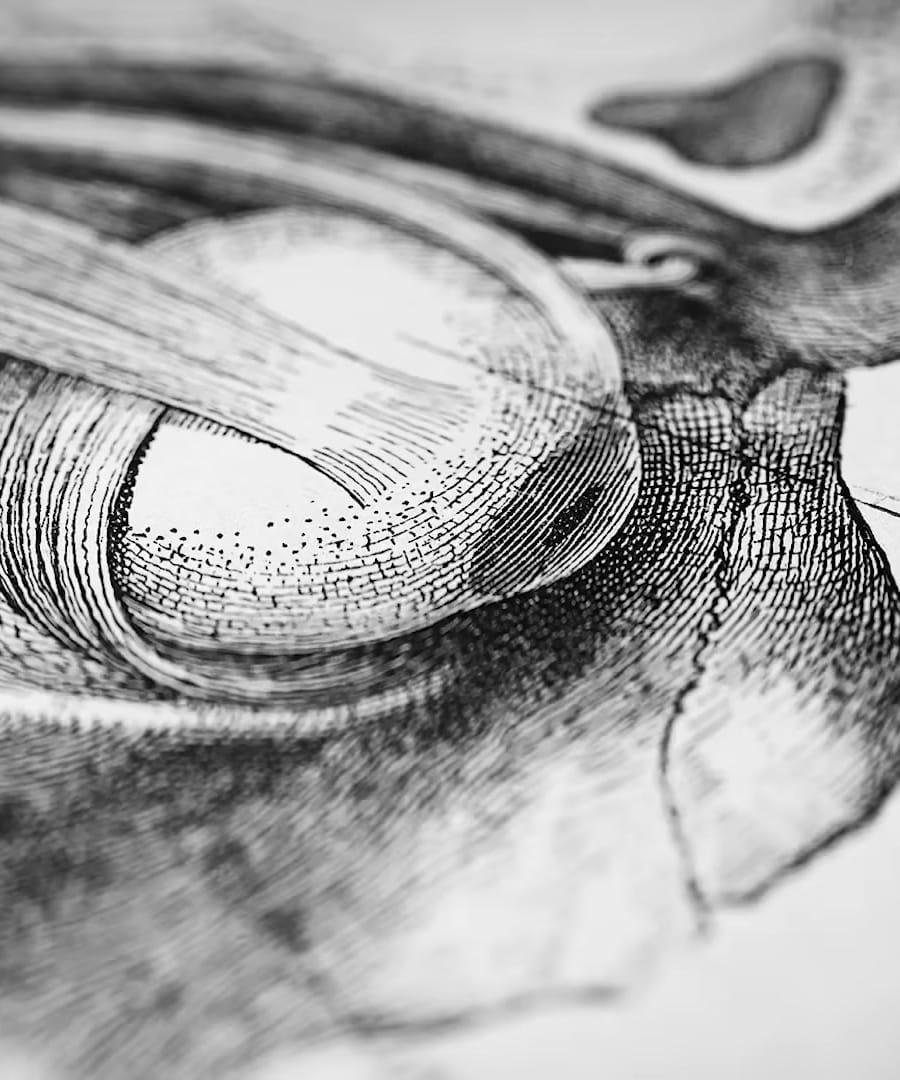what is the best morning routine?
Sources:
For an effective morning routine, recommends several key activities:
-
Exercise Early: Start your day with some form of physical activity to increase your core body temperature, which aids alertness and better sleep at night. This could be a light jog, walking, or skipping rope. Additionally, Huberman suggests getting sunlight during this exercise if possible 1.
-
Cold Shower: After morning exercise, taking a cold shower can further help to wake up your body 1.
-
Sunlight Exposure: It's crucial to expose yourself to bright sunlight within the first 30-60 minutes after waking up. This helps to trigger an early cortisol increase, which enhances immune function, metabolism, and mental focus 2.
-
Delayed Work Start: Delay starting intense work activities until later in the morning. , for example, starts his work around 11:00 a.m or later, after engaging in personal well-being activities 3.
-
Minimize Morning Digital Exposure: Avoid starting the day with heavy digital or social media exposure. This helps maintain a creative and focused mind by not allowing external inputs to dictate the mood or priorities of the morning 4.
-
Routine Consistency: Consistency in waking time and morning activities helps optimize mental and physical health, as well as cognitive performance 5.
These recommendations form a morning routine aligned with natural physiological process, promoting a balanced start to the day.
RELATED QUESTIONS-
what time do you recommend waking up?
Sources:
suggests waking up between 6:00 AM and 7:00 AM. He advises against sleeping much later than 7:00 AM to align with one's natural temperature minimum and optimize the sleep-wake cycle. Keeping a regular wake-up time helps regulate the body's natural rhythm and manage stress hormones like cortisol effectively 1.
RELATED QUESTIONSwhat time do you suggest to go to sleep?
Sources:
recommends going to bed around 9:00 PM to 9:30 PM for those who are early risers, noting that even with only 6 hours of sleep, this can still make you feel great. However, he acknowledges that timing is critical, emphasizing that if you go to bed later, like around 11:00 PM or midnight, you might not feel as well-rested, regardless of sleep duration. So, depending on your internal chronotype—whether you're an early riser or a night owl—it's important to find the schedule that feels right for you and aim for consistency in your sleep timings 1 .
RELATED QUESTIONSwhat is your take on smoking weed?
Sources:
discusses the various aspects and potential issues associated with smoking cannabis:
-
Health Risks and Eye Health: Cannabis, particularly high THC varieties, may have some benefits for glaucoma due to its pressure-lowering effects on the eye, but smoking cannabis has negative impacts. Smoking can exacerbate issues like dry eyes and macular degeneration. Moreover, the benefits for eye pressure are transient, lasting only while one is under the influence 1.
-
Sleep: Cannabis, including THC and CBD, might help individuals fall asleep faster, but this comes with caveats. It can impair REM sleep and may lead to dependency, requiring increasingly larger doses to achieve the same effects 2.
-
Youth and Psychosis: There are significant concerns regarding cannabis use in youth, particularly its impact on brain development and mental health. High THC levels are particularly problematic and can predispose or even cause psychotic conditions, which can be severe and sometimes irreversible in young individuals 3.
-
Brain Health and Cognitive Function: Frequent cannabis use, even in small amounts, is associated with cortical thinning and damage to neural circuits that manage planning and executive function. Attempting to reverse these effects involves quitting cannabis and engaging in healthy behaviors like cardiovascular exercise and proper nutrition 4.
-
Hormone Levels: Smoking cannabis can affect hormone levels, including reducing testosterone and increasing prolactin, which can lead to other health issues 5.
In summary, while cannabis might offer some temporary benefits like relief for glaucoma or aid in falling asleep, it carries significant risks, especially with high THC content and particularly for young individuals. The potential for dependency, cognitive impact, and hormonal imbalance are also noteworthy considerations.
RELATED QUESTIONS-
what do you reccomend to be my morning routine
Sources:
To optimize your morning routine, here are several practices recommended by based on scientific principles:
-
Avoid Caffeine Immediately After Waking: Don't consume caffeine right after you wake up. Instead, wait for about 90-120 minutes. This delay allows your body's cortisol levels to peak naturally, improving alertness and mood, and subsequent caffeine consumption will then help maintain these levels throughout the day 1.
-
Exposure to Bright Light: Get bright sunlight immediately after waking. This exposure enhances the peak of your cortisol pulse significantly, which boosts mood, alertness, and helps in clearing residual adenosine (a substance that makes you feel sleepy) from your system. If sunlight isn't available, use bright artificial lights 1.
-
Engage in Physical Activity: Incorporate some form of physical activity early in the morning. Even brief exercises like skipping rope, taking a walk, or doing some calisthenics can help increase your core body temperature and overall wakefulness 2.
-
Cold Exposure: Consider taking a cold shower or engaging in some form of cold exposure after exercising. This can invigorate your body and further enhance alertness and mental clarity 2.
-
Track Your Sleep Patterns: Record the time you wake up each morning to understand your body’s temperature minimum. This information can be helpful in optimizing your sleep and circadian rhythm by tailoring your daily routines better around these biological markers 3.
Implementing these steps can lead to a more energized, focused, and productive morning, setting a positive tone for the rest of your day.
RELATED QUESTIONS-
what do you recommend to eat in the morning and lunch?
Sources:
For optimizing your morning and lunch meals, the has discussed some interesting points about fasting and meal timing which might be helpful:
Morning Routine (Breakfast)
- Fasting in the Morning: Depending on your personal health goals and how your body reacts, you might consider delaying your first meal. This means pushing your "eating window" to start around noon and stop early in the evening, like 6 PM. However, remember that such a schedule isn’t always practical due to social or work commitments, so tailor it to fit your lifestyle while aiming to extend the time you're in a fasted state from the evening through the morning as much as is feasible for you 1.
Lunch
- Meal Choices: For the meals you do eat, like lunch, the timing and content can affect dopamine levels, thus impacting your mood and motivation. If you're incorporating fasting or reduced meal frequency, the meal following a fasted period might result in a more rewarding experience due to increased dopamine release, making food more satisfying and potentially helping with portion control 2.
General Tips
- Listen to Your Body: Be mindful of how your body responds to different eating schedules. What works for many might not work for you. Be flexible and adjust based on your body's signals and health outcomes.
- Consulting Professionals: Before making significant changes to your diet or eating patterns, especially if you have existing health conditions, it's generally a good idea to consult with a healthcare provider.
These insights are designed to offer a starting point as you think about optimizing your morning and lunch routine. Remember, often emphasizes the importance of aligning such practices with one's personal health goals and daily schedule.
RELATED QUESTIONSList clips similar to "Fasting and Eating Window"
Sources:
Here are some clips related to "Fasting and Eating Window" from the :
-
Intermittent Fasting Benefits: discusses how intermittent fasting can improve gut health by promoting healthy gut microbiota and reducing the amount of lactobacillus present in the gut. Time-restricted feeding can assist people with irritable bowel syndrome and other forms of colitis by impacting the expression of clock genes and having a direct effect on the mucosal lining 1.
-
Intermittent Fasting Impact: In a discussion with , explores how intermittent fasting and circadian behaviors impact our biology and health, covering the latest clinical trials and how restricting feeding to specific periods can impact everything from liver and gut health to mood and cognitive performance 2.
-
Intermittent Fasting: This clip delves into the health benefits of intermittent fasting, including improved liver enzymes and insulin sensitivity. It also discusses the ease of not eating versus limiting portion sizes as a strategy for managing intake 3.
-
Fasting and Mental Clarity: discusses the relationship between fasting and mental clarity. Although neurons thrive on glucose, some people experience heightened mental clarity when they are fasted, explaining the physiological background and potential benefits of intermittent fasting 4.
-
Ideal Feeding Window: The discussion here revolves around the ideal time for the eating window and how long it should be, referencing a review from 's lab. The clip explains that it's best to extend the sleep-related fast either into the morning or to start it in the evening 5.
These clips provide a blend of scientific insights and practical advice on how to implement effective fasting and eating windows, relevant to health goals and lifestyle compatibility.
RELATED QUESTIONS-
Could you give me more tips for a morning routine?
Sources:
Here are some additional tips for a morning routine based on discussions from the :
-
Avoid Caffeine Right After Waking: It's recommended to delay caffeine intake for 90 to 120 minutes after waking to ensure your cortisol levels rise naturally. This helps to clear adenosine, a compound that can make you feel tired, and allows your system to be ideally positioned for alertness throughout the day 1.
-
Track Your Wake-Up Time and Temperature Minimum: Understanding your wake-up time and body temperature trends can aid in optimizing your sleep and circadian rhythm. Keeping a record helps you identify your temperature minimum, which can influence your eating and sleep schedules 2.
-
Engage in Physical Activity: Increasing your core body temperature through exercise or movement such as walking, jogging, or even a light workout can energize you and enhance your alertness. This can be coupled with morning sunlight exposure 3.
-
Gradual Engagement in the Day's Activities: Starting your day with non-work-related activities like a beach walk or light exercise can help in shifting into work mode gradually. This practice can be beneficial for creativity and stress management 4.
-
Get Morning Sunlight: Exposure to sunlight soon after waking up is crucial. It helps to set your circadian rhythms and ensures that your cortisol, which promotes wakefulness and a healthy immune system, peaks at the right time 5.
These tips not only help in enhancing morning productivity but also contribute to better overall health and well-being.
RELATED QUESTIONS-
what is the best morning routine?
- RELATED QUESTIONS
what time do you recommend waking up?
- RELATED QUESTIONS
what time do you suggest to go to sleep?
- RELATED QUESTIONS
what is your take on smoking weed?
- RELATED QUESTIONS
what do you reccomend to be my morning routine
- RELATED QUESTIONS
what do you recommend to eat in the morning and lunch?
- RELATED QUESTIONS
List clips similar to "Fasting and Eating Window"
- RELATED QUESTIONS
Could you give me more tips for a morning routine?
- RELATED QUESTIONS



















